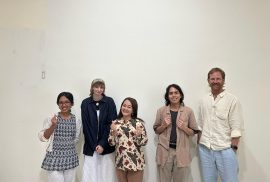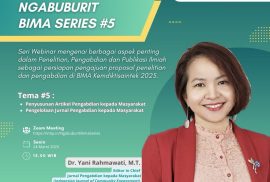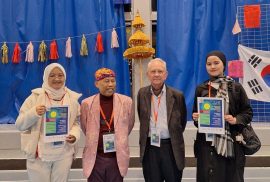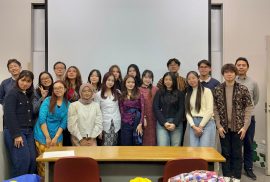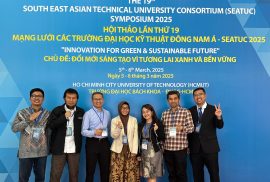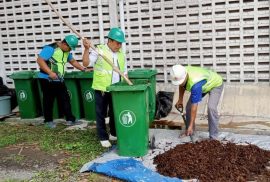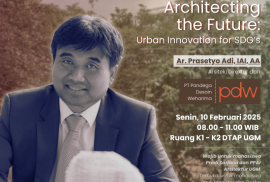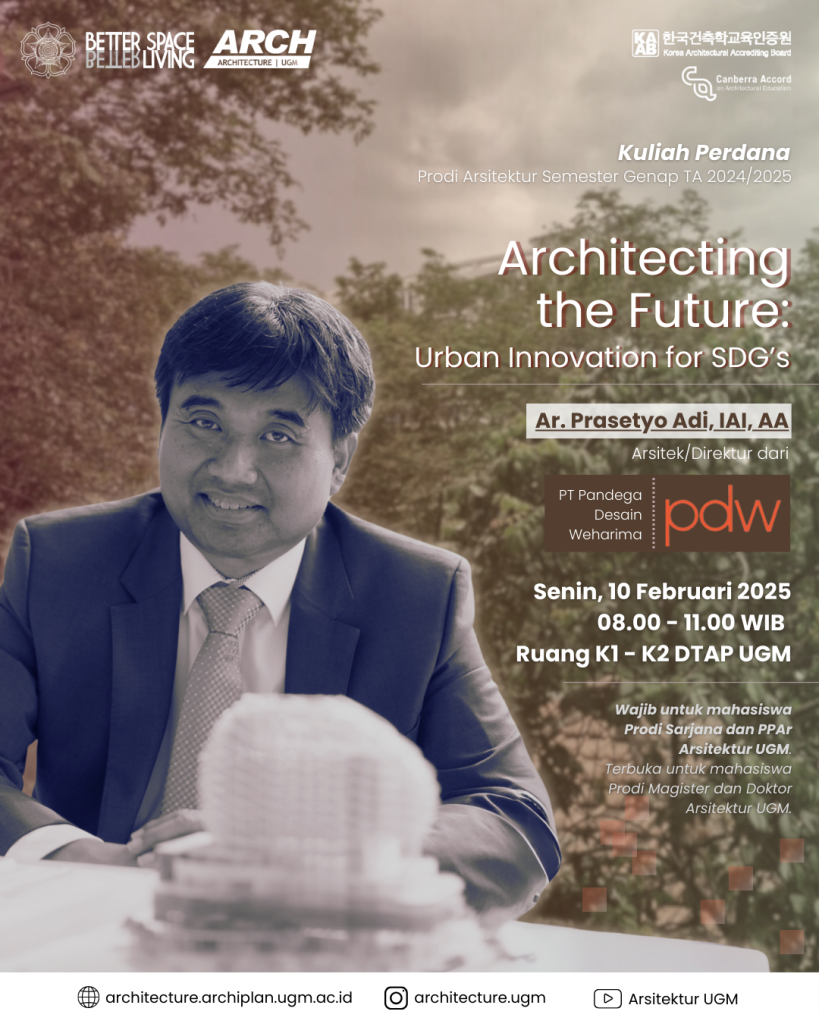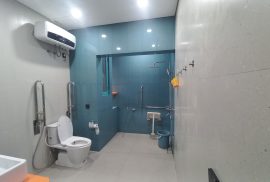On Friday (March 21), Dr. Ir. Tri Mulyani Sunarharum, S.T., IPU., was a guest lecturer at the Development Studies Immersion Program (DSIP) held at the Department of Architecture and Planning (DTAP), UGM. This event was part of the Australian Consortium for In-Country Indonesian Studies (ACICIS), a course program for university students from Australia to gain educational experience in Indonesia.
During the program, Dr. Tri Mulyani delivered a lecture to four student delegates from the University of Queensland and the University of Sydney participating in the DSIP program. Through her presentation titled “Sustainable Development and the Environment,” Dr. Tri Mulyani discussed Indonesia’s development challenges as well as global threats such as climate change and natural disasters. She emphasized the importance of development policies contributing to poverty alleviation (SDG 1), sustainable and disaster-resilient urban planning (SDG 11), and integrated climate change mitigation strategies across various sectors (SDG 13).

